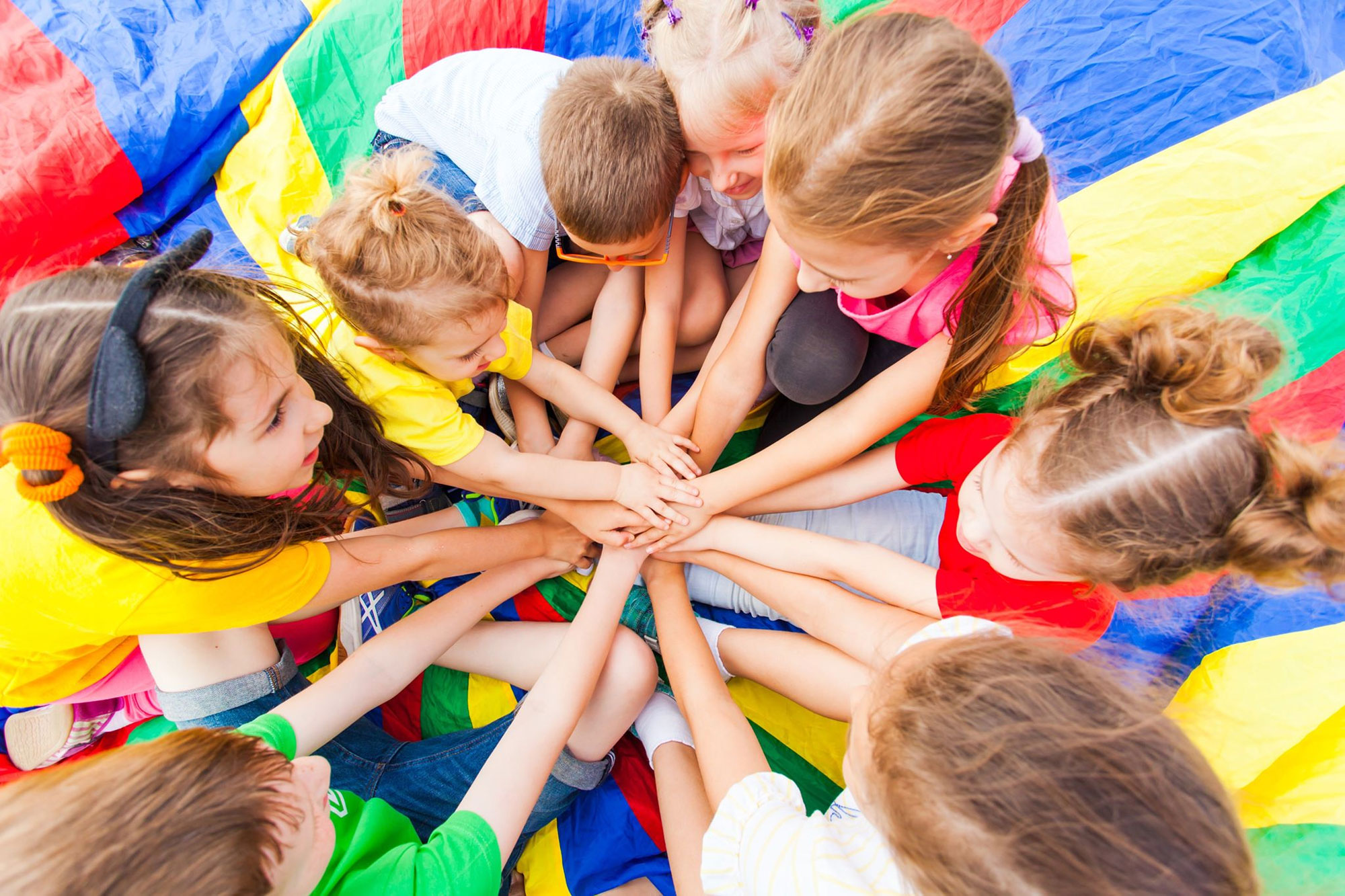“If you want to be happy, practice compassion. If you want to be happy, practice compassion.”
― Dalai Lama
How We Define Compassion
/kəmˈpaSHən/
Noun
Empathetic awareness of others’ distress combined with a desire to alleviate their suffering
The word compassion originates from the Latin compati, which literally means “to suffer with”. By suffering with someone, we are experiencing empathy by relating to another’s feelings as if they were our own. But, compassion goes beyond empathy. While empathy just feels, compassion takes action. Compassion is relating to another’s suffering as if it were our own and actively making effort to help alleviate the pain.
Why We Value Compassion in Education
Compassion is a muscle that can be strengthened with practice. We envision an education system that provides students with opportunities to practice compassion every day. We envision an education system where children hear the word compassion during every school day.
We recently asked a group of elementary students in grades K-5 to define compassion and less than 10% of them had ever even heard the word. We want this to change.
We envision a world where every child can define compassion and its sister qualities of kindness, empathy, understanding, and forgiveness. First children need to know what compassion is, then they can learn how to cultivate it.
Compassion recognizes that all people hurt sometimes and it desires to help people who are in pain. By creating compassionate classrooms we can reduce bullying, increase motivation, promote resiliency and kindness, and even improve our children’s immunity. Yes, compassion actually boosts our immune systems. How incredible is that?
“If you can learn a simple trick, Scout, you’ll get along a lot better with all kinds of folks. You never really understand a person until you consider things from his point of view, until you climb inside of his skin and walk around in it.”
― Atticus Finch in To Kill a Mockingbird (1962)
How We Define Empathy
/ˈempəTHē/
Noun
the ability to recognize, understand, and share the feelings of another person.
Empathy is walking in another person’s shoes. It’s being able to recognize, understand, and take the perspective of another and experience his feelings as if they were your own. When we practice empathy “we feel with” another person.
Why We Value Empathy in Education
Empathy is perhaps the most important skill a person can develop in life, yet it rarely makes the curriculum in traditional public schools. Fortunately, modern educational psychologists are beginning to recognize its positive effects, calling it the “empathy advantage” and advocating for school leaders to incorporate effective empathy education into their daily schedules.
Learning empathy gives students an edge in leading more meaningful and productive lives. Empathy strengthens community in the classroom, improves communication skills, increases prosocial behaviors, and has been linked to higher academic performance.
Research indicates that teens today are 40% less empathetic than they were just 30 years ago.
We need this to turn around! And it starts with empathy education in schools beginning in pre-k.
Empathy isn’t something that can be taught in a 45 minute lesson. It needs to be embedded in the fabric of education itself and evident in every step of the educational journey.


